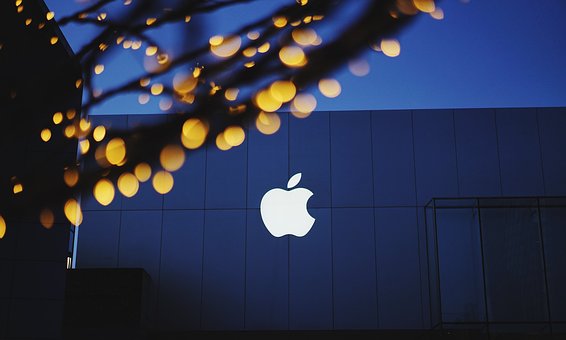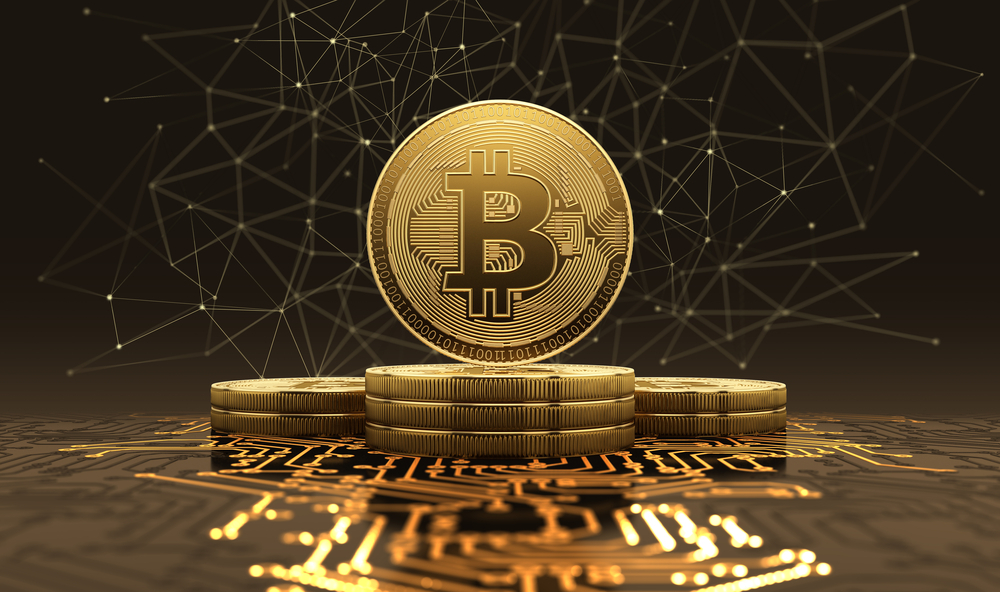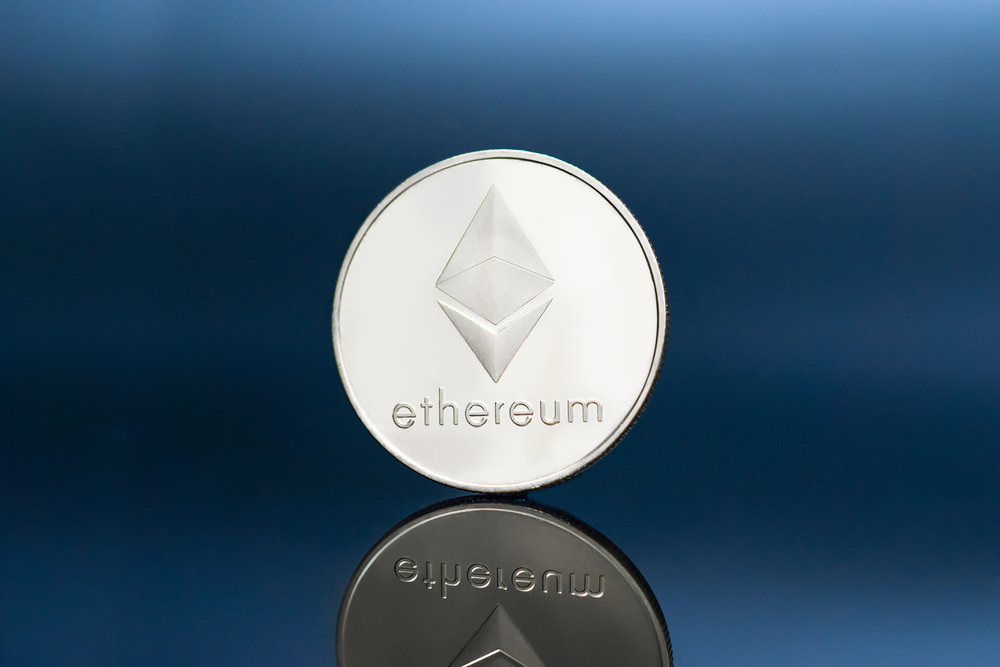Apple’s tightened restriction policies have blocked the purchase of NFTs outside the App Store via an app published on the store. In the wake of its backtracked review, the popular tech giant also stalled the update of Gnosis Safe, a digital asset app, insisting that it granted users the opportunity to host non fungible tokens outside the ecosystem. According to Apple’s policies, access to NFTs, including purchases, should be made within the confinement of the app gateway system.
Lukas Schor revealed that Apple stalled an update to its crypto wallet application because it allowed buying digital content, such as NFTs outside Apple’s jurisdiction. The developer shared a Tweet, explaining the reason for the blockage and Apple’s stance on NFTs display.
A Look at Apple’s Restriction Policies on Digital Content
Apple’s prohibitions on NFTs accord with the guidelines on digital content. It was revealed that Gnosis Safe showcased NFTs and provided content to its users in the app’s previous version. Hence, the company’s backtrack on reviewing Gnosis.
Gnosis didn’t deny the facts but clarified that the most current update, which Apple has been stalling, was released to make it convenient for users to acquire content on Ledger Nano X, another crypto wallet via Gnosis. Gnosis insisted that the intent and current update had no relationship with NFTs, which Apple is accusing. The developers point out that the content display has been happening for many months before the recent hitch with Apple.
The developer revealed that the new update explains how users can connect the new crypto wallet to the Gnosis Safe app via wireless connectivity and that it doesn’t display NFTs, which the previous version did. Apple’s policies state that apps on the Store for iOS devices cannot access NFTs or its related services outside its ecosystem. According to correspondence, this is probably the reason the tech company and Gnosis are at war.
Apple classifies NFTs as digital content and must be acquired within the in-app Store. It implies that digital content offered by the apps on the App store must be purchased through Apple’s integrated certified payment methods. Any app found defaulting would be blocked from offering content sales.
Recently, Apple had a clash with Epic Games concerning in-app payment. Apple warned Epic Games against offering links that led users outside the Store’s ecosystem for purchases. Unfortunately, the court ruled in Epic Games favor and signed an injunction against Apple’s actions, ordering the tech giant to henceforth allow developers to provide communications leading outside the Store.
Apple charges around 30% commission on all its in-app purchases made by publishers, and this explains why the corporation is highly bent on preventing purchases outside Apple’s jurisdiction. Apple may appear in another court soon following the fiasco with Gnosis.





